Product Liability and Product Defect
Monterey Product Liability and Product Defect Attorney

“Product liability” and “Product Defect” are the names that attorneys use to describe cases involving the responsibility of designers, manufacturers and suppliers for defective products that cause injuries to others. The businesses that make and sell these products are “for profit” businesses who are primarily concerned with making money and their bottom line. As a result, these companies do not always have the best interests of the consumer in mind. Often times, products are put in the marketplace without proper design and thorough testing. When injuries occur from these products, the companies that stood to profit from these dangerous or defective products must be held responsible.
Strict liability applies to defective products and product liability lawsuits in California. Strict liability is a legal term which means that a person is responsible whether or not that person intended to harm another or knew that there actions were likely to. In other words, the party is held responsible without a finding of fault. The injured party only needs to prove that they were harmed and that the other party was responsible. In a product defect or product liability lawsuit, the injured party only needs to prove that the product was defective, that the defect caused the injury and that the business provided the defective product.
Most businesses that produce products have significant finances and teams of attorneys that they pay to defend against lawsuits. As a result, to advance a product liability lawsuit an injured person must have a significant injury and find an attorney that is not afraid to aggressively take on these large companies. The attorneys at the Piccuta Law Group, LLP are ready for the challenge and have experience advancing product liability lawsuits on behalf of our clients.
The businesses that provide defective or dangerous products are responsible if the product contained a design defect, manufacturing defect or did not have adequate warnings or instructions. These businesses may also be liable for negligence, breach of warranty or fraud, depending on the facts of the case. There are also several parties that may be held responsible for defective products. This includes the designer of the product, the maker of the product, the wholesaler or distributor of the product, the company that put the product on the marketplace and even the retailer that sold the product. That means that the company or store that sold the product to you may even be responsible for the injury although they played no part in designing or making the product.
A manufacturing defect is a defect that results from a flaw in the manufacturing process. This includes a flaw that causes a product to differ from the manufacturer’s intended result and to differ from the other identical units in the product line. In other words, this is a “one off” product defect and the product comes off the assembly line in a substandard condition.
A design defect is a defect that results due to a faulty design. It is a defect that arises from the design or plan of the product that makes the product dangerous or unsafe. These defects usually include a missing safety feature that would have been inexpensive to include or a safer design that would have cost the same to manufacture.
A failure to warn defect results when the product fails to provide adequate warnings or instructions regarding the product’s use. A product may be found defective as a result of the failure to provide sufficient warnings regarding how to use the product or addressing what complications may arise from using the product.
Almost any product put into the marketplace can lead to a product liability or product defect lawsuit. This includes consumer goods, prescription drugs, medical devices, tools, equipment, automobiles, real estate, food, just to name a few. If you were injured while using any product, you should consult a skilled attorney to determine if you have a case. Contact one of the attorneys at the Piccuta Law Group, LLP today for a free consultation.

